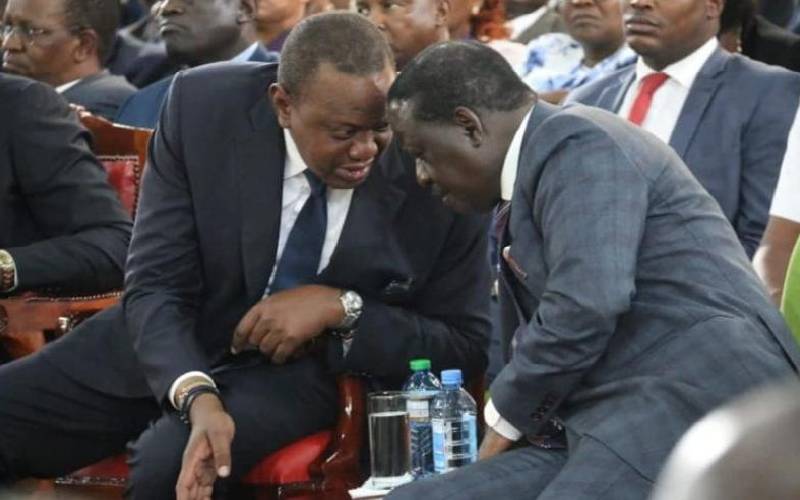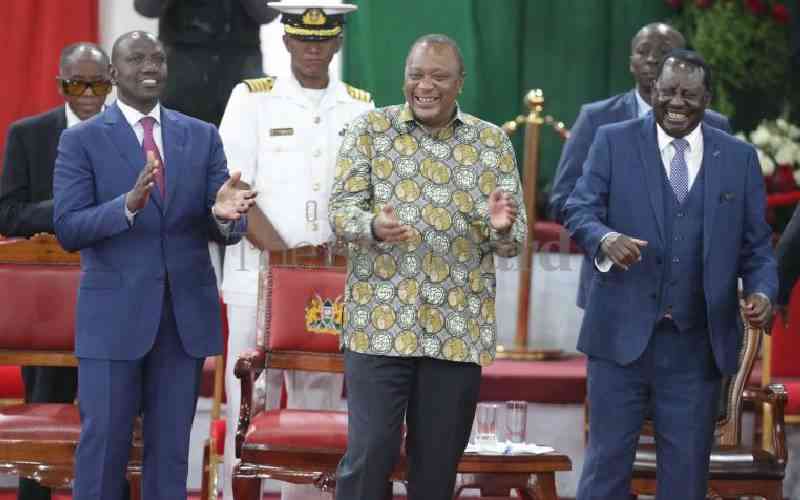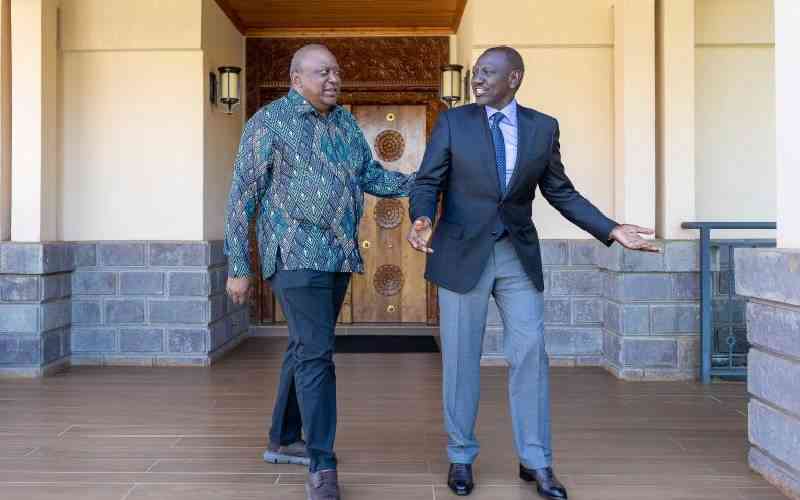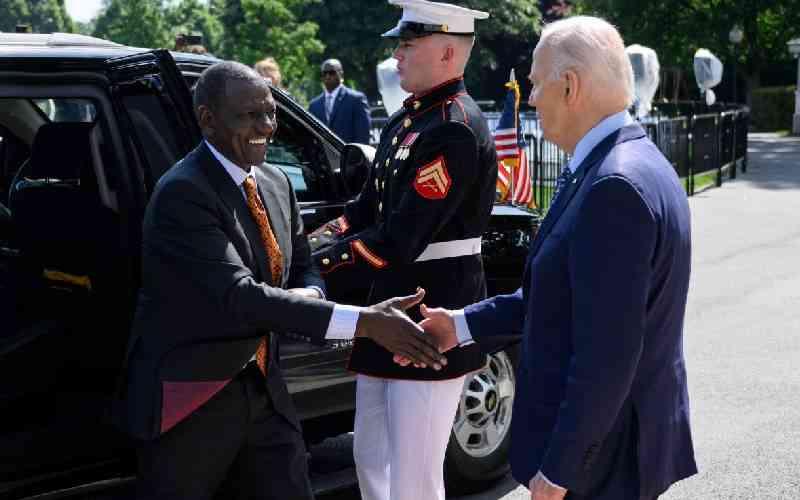 There are many types of democracies around the world. Some are pure and direct while others are dysfunctional and ethnic. There are also many other types.
There are many types of democracies around the world. Some are pure and direct while others are dysfunctional and ethnic. There are also many other types.
Indeed, there is no true form of democracy.
But one thing is sure, some democracies are certainly better than others. In Iran for example, they have an elected parliament and an elected president; however, a supreme leader chooses who is allowed to run for those positions.
In Israel, they have such a pure form of proportional representation that it is near-impossible to form a government in their democratic system. They may even be about to head to their third election in the space of a year because of their dysfunctional coalition-building process!
Democracy itself is a complicated issue, but its foundations are a government for the people and by the people, a system in which the ultimate power is vested in the people and exercised directly by the people or indeed by their elected agents under a free electoral system. We debate daily whether we have a real democracy, or how we can obtain a better democracy. And while democracy is certainly the true institutionalisation of freedom, we must never forget that pure freedom is nothing but anarchy. The goal, therefore, must be a responsible and representative people-led governance.
The current political reforms being discussed must focus on just that. Our presidential system today places far too much power in the hands of one man, one ethnic community, and one small elite group. This creates clear winners and clearer losers. The losers are both bitter and disenfranchised; hence the violence witnessed every election cycle.
And we see this prepared by political and ethnic leaders during every presidential election. Any political game which produces winners and losers on such a black and white exclusive level should be frowned upon. It is time therefore to our politics inclusive and representative.
As the debates behind the scenes continue, we should all be clear that if a referendum does happen, the reforms posed must be built upon the needs of the broadest group of Kenyans possible. They must also be detailed and expansive. We cannot have an African Brexit situation where the people voted on an unclear package of slogans and intangible utopian dreams. It turns out the devil of that deal was in the details.
Furthermore, the proposal under discussion must create a decentralised structure, establishing a political system which fosters peace, unity and harmony.
The handshake between Uhuru and Raila surprised everyone. After one of the nastiest political campaigns in our history which grabbed global headlines from China to Canada, one can only hope these two leaders are paving the way for a new reality. A reality in which the people are put first; and unity is above all. It should, therefore, be clear that these changes are not more political games, but a vital national necessity.
List-based representation
Perhaps one of the ways to achieve this is to bring in a type of local proportional representation at the county level to ensure greater representation.
List-based proportional representation is a widely used democratic means to strengthen gender equality and ethnic and demographic representation in electoral politics.
Parties, representing particular ideas, issues, groups or ethnic communities, create lists, either with internal primaries or via an agreed-upon decision-making mechanism. The party-list can have spaces reserved for women, ethnic or geographic minorities, as well as particular demographics, including the young, the old, albinos, the disabled etc.
It is vital that under no circumstances our counties feel like they are having representatives taken away from them. After all, the idea is to strengthen the legislative body as a representative and more powerful arm of democratic governance. In the counties where MPs are not proportional to populations, and they would be set to lose seats; those counties should get extra seats.
Stay informed. Subscribe to our newsletter
At this crucial crossroads in Kenyan history, we must make sure that this is a people-focused process. Let’s not turn this debate into a political preamble to 2022, or a fight between one tribe and another. We must assess and implement the reforms which will make the system more representative, more transparent and more accountable for our future.
Mr Cherambos comments on topical issues.
[email protected]
 The Standard Group Plc is a
multi-media organization with investments in media platforms spanning newspaper
print operations, television, radio broadcasting, digital and online services. The
Standard Group is recognized as a leading multi-media house in Kenya with a key
influence in matters of national and international interest.
The Standard Group Plc is a
multi-media organization with investments in media platforms spanning newspaper
print operations, television, radio broadcasting, digital and online services. The
Standard Group is recognized as a leading multi-media house in Kenya with a key
influence in matters of national and international interest.
 The Standard Group Plc is a
multi-media organization with investments in media platforms spanning newspaper
print operations, television, radio broadcasting, digital and online services. The
Standard Group is recognized as a leading multi-media house in Kenya with a key
influence in matters of national and international interest.
The Standard Group Plc is a
multi-media organization with investments in media platforms spanning newspaper
print operations, television, radio broadcasting, digital and online services. The
Standard Group is recognized as a leading multi-media house in Kenya with a key
influence in matters of national and international interest.

 There are many types of democracies around the world. Some are pure and direct while others are dysfunctional and ethnic. There are also many other types.
There are many types of democracies around the world. Some are pure and direct while others are dysfunctional and ethnic. There are also many other types.







